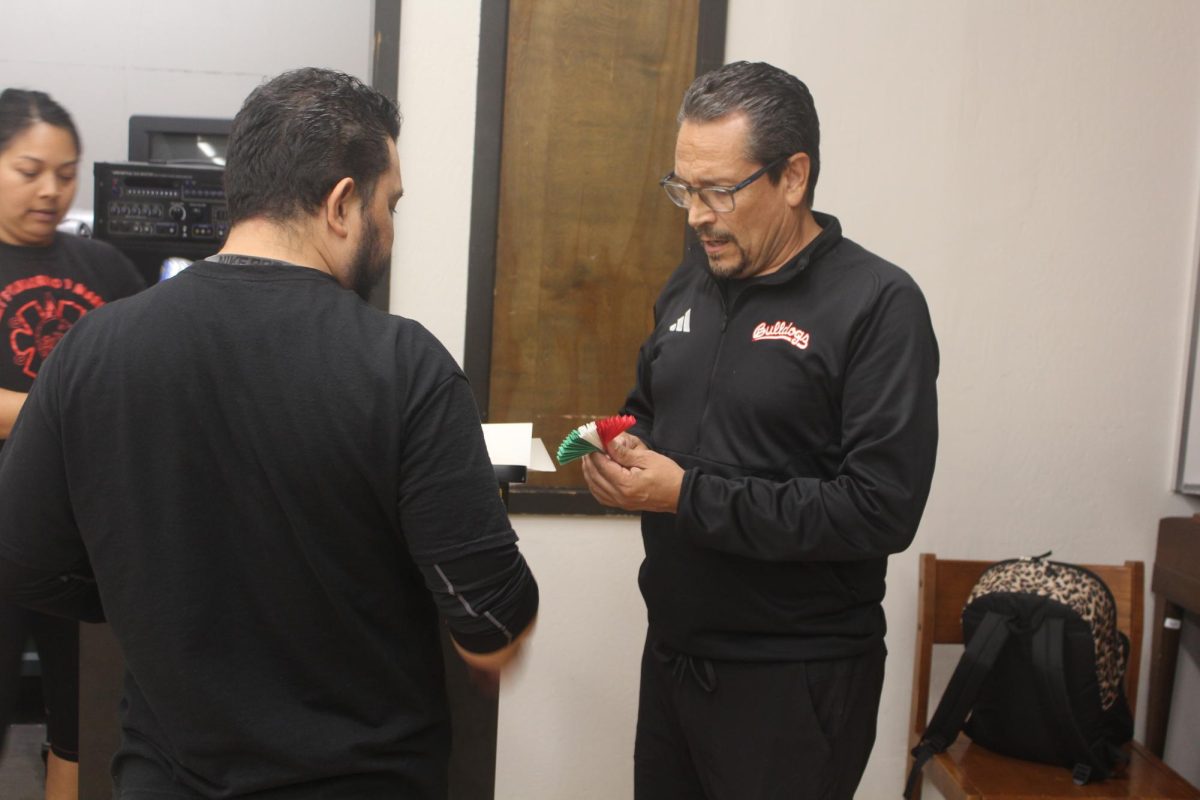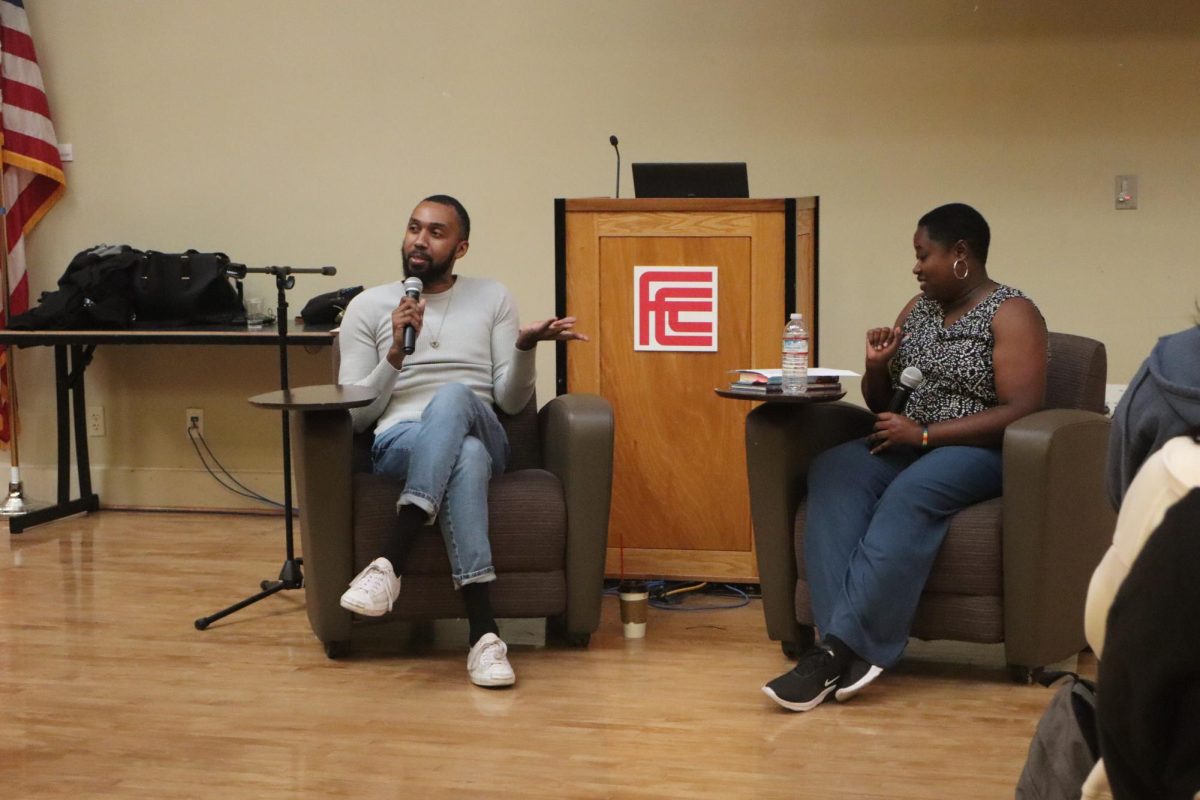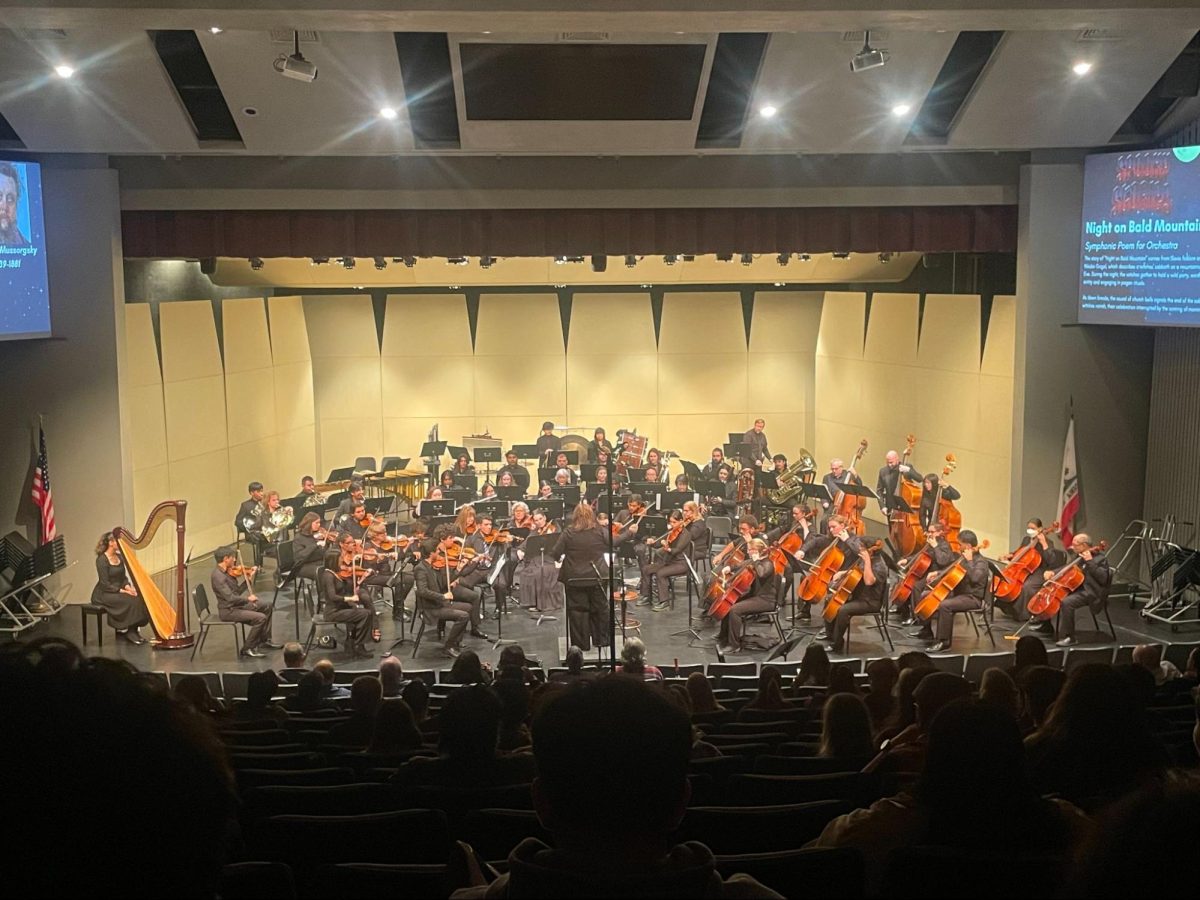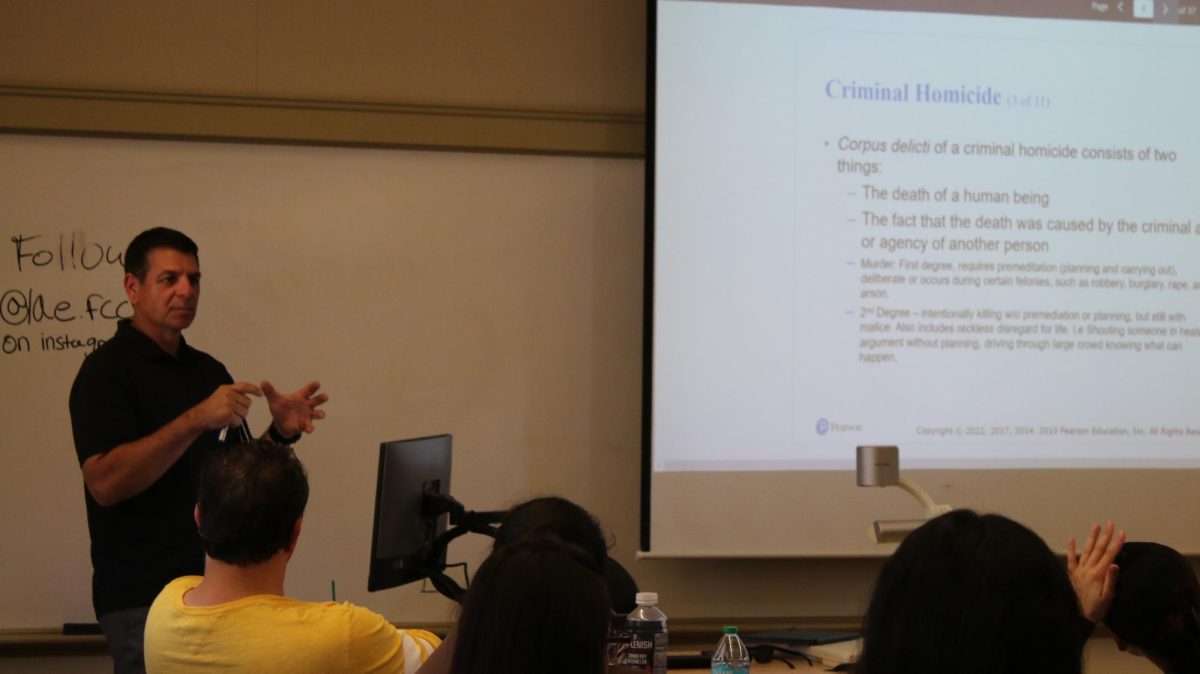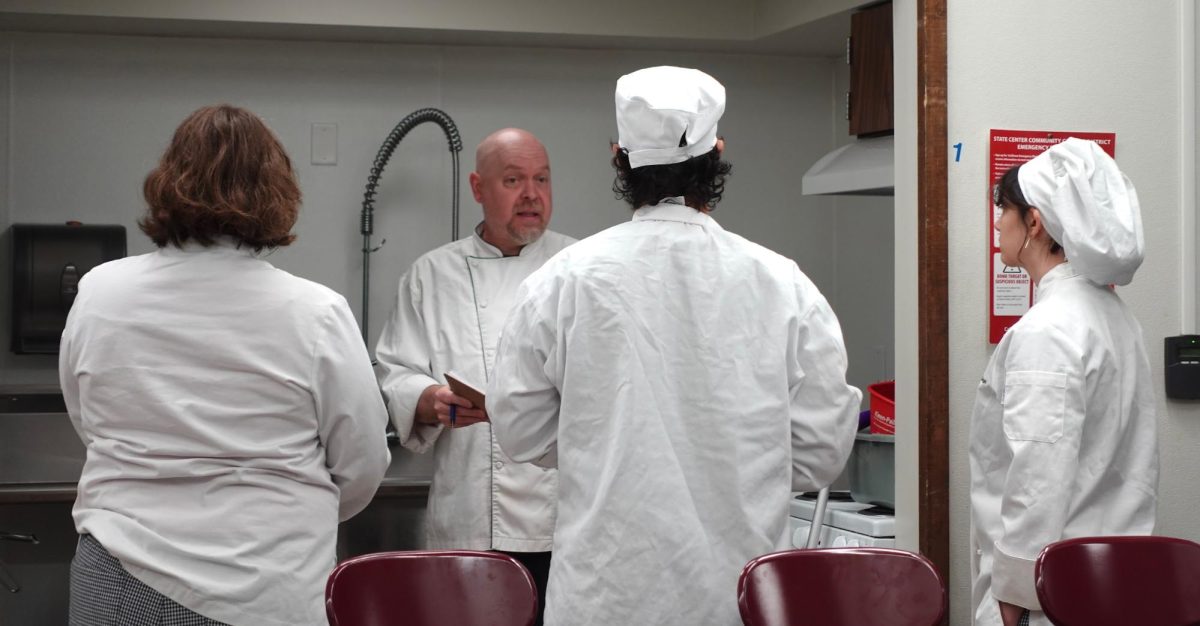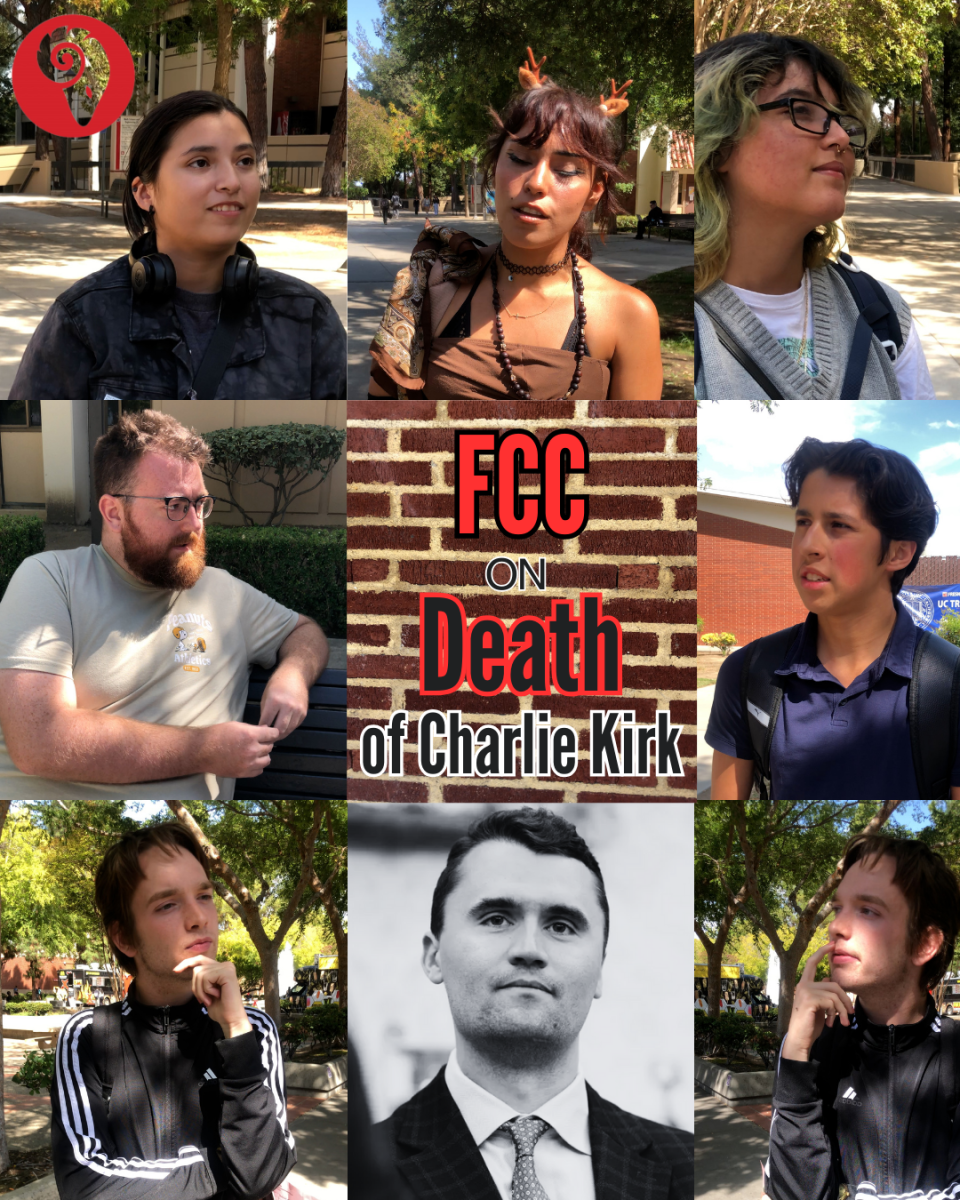The City of Fresno has a $850,000, 4-year contract with Fresno City College for the construction students to build tiny homes to rent for cheap to help alleviate homelessness.
“The solution to homelessness is housing,” Phil Skei, the assistant director of planning and development at the City of Fresno said.
These tiny homes will provide permanent housing for those who have experienced homelessness in their lives.
“These homes will be affordable for the life of the units. So even if somebody moves out and somebody else moves in, they are still going to be affordable,” Skei said.
The program was set up after COVID-19 affected their original program. With Habitat for Humanity, students were building one residential house a year, according to Ricco Guajardo, the program lead of the construction
program and an instructor at FCC. Habitat for Humanity, according to their website, is a non-governmental organization that tries to help people who may experience homelessness or housing insecurity by having volunteers help build houses without profit.
“Now we have a contract with the City of Fresno to build 24 tiny homes within four years. And we are coming up to almost our third year,” Guajardo said.
The City has funded this project, including all the materials, according to Skei.
“Fresno City College has supported the project with staff and student workers,” Skei said.
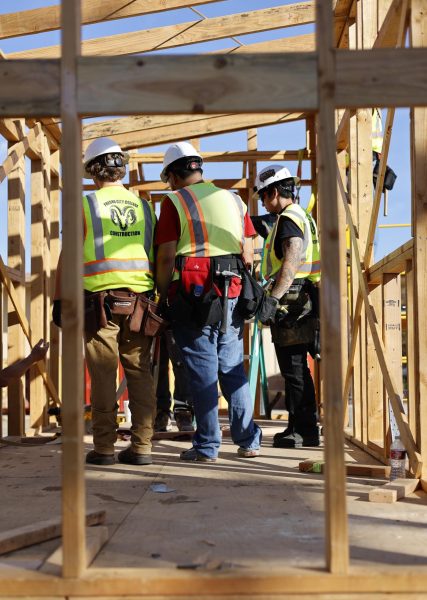
Yet, the program still continues to grow. When Guajardo started, there was only one cohort led by him, now there are two cohorts a semester with three full-time employees. While the number of students have increased,
there has been a rise in women enrollment.
“I think this semester we have almost 10 females in our classes. So that’s pretty good. At first we’d have one or two a year,” Guajardo said.
City of Fresno will collect the tiny homes once they are built and find a placement for them, according to Skei.
“The City of Fresno, right now, is looking for a developer. We are going to publish this request for proposals this week. We are looking for a developer for land that the city owns, and we are hoping that these units will be included as a part of that future development,” Skei said.
Eliseo Perez, a construction major who hopes to be a contractor, built a tiny home with the program before and is working on another one.
“I felt good actually because I like watching the whole process of when you start to when you finish. I enjoy it,” Perez said.
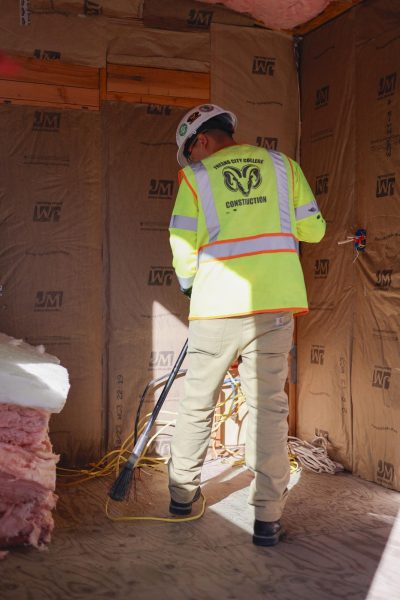
The Housing of Urban Development decides the median income for a community, which allows contractors to set the price of rent for each of the tannates.
“The developers are required to rent them to households that make no more than 80% of the area median income, which sets the rent at a particular rate,” Skei said.
Any student is able to join the program by applying to Construction 50 at FCC’s Career and Technology Center as the starter class.
“We take people that don’t have any skill, that don’t even know how to use a hammer or any type of hand tools, and we get them to be proficient in using hand tools and power tools,” Guajardo said.
Kimberly Ramirez, a construction major student, started in the program with no prior knowledge.
“Well, I started off knowing nothing. And it’s been pretty good. I’ve learned a lot throughout the semesters with all of them and learning their ways of teaching, which has been very helpful,” Ramirez said.
Both students agree that the program is rewarding, however they share an aspect of construction that they do not enjoy- installation.
“It’s very, very itchy. I do not like it,” Ramirez said.
“There’s a few things that get challenging, but I would say installation because it gets really itchy,” Perez said.
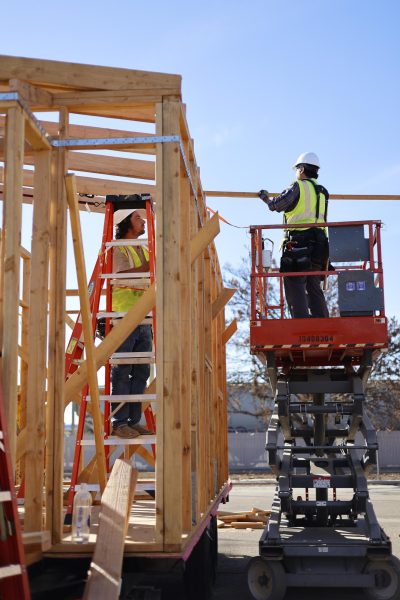
Whereas Guajardo disagrees- weather is the most challenging thing they face since they are limited to working in the parking lot, unlike most classes who have the comfort of working inside.
“Whether it’s 105 degrees, like it’s been during the summer times, or now that we are coming into fall, we might be dealing with the rain and issues like that. If it starts raining, depending on how bad it’s raining, if it’s just a light drizzle we will still be out there working,” Guajardo said.
Guajardo, with some help from a couple other instructors, teaches students how to do foundation work that would be used in commercial and residential settings.
“The end goal of the program is the students are learning how to build a structure from the ground up, ” Guajardo said.
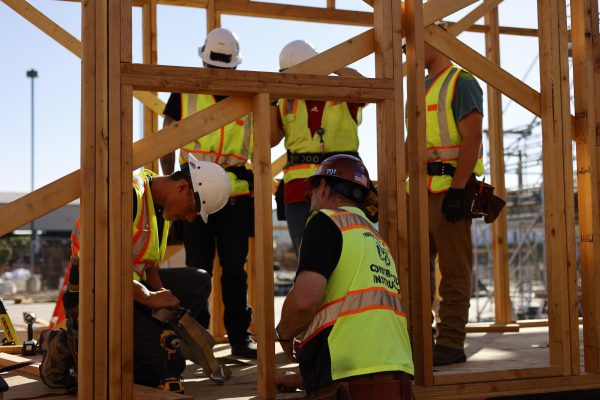
Above all, there is optimism that the program can continue.
“Our hope is to do another round of home construction with Fresno City College students. That is our hope. We haven’t ironed out the details, but we’ve talked about doing that,” Skei said.

